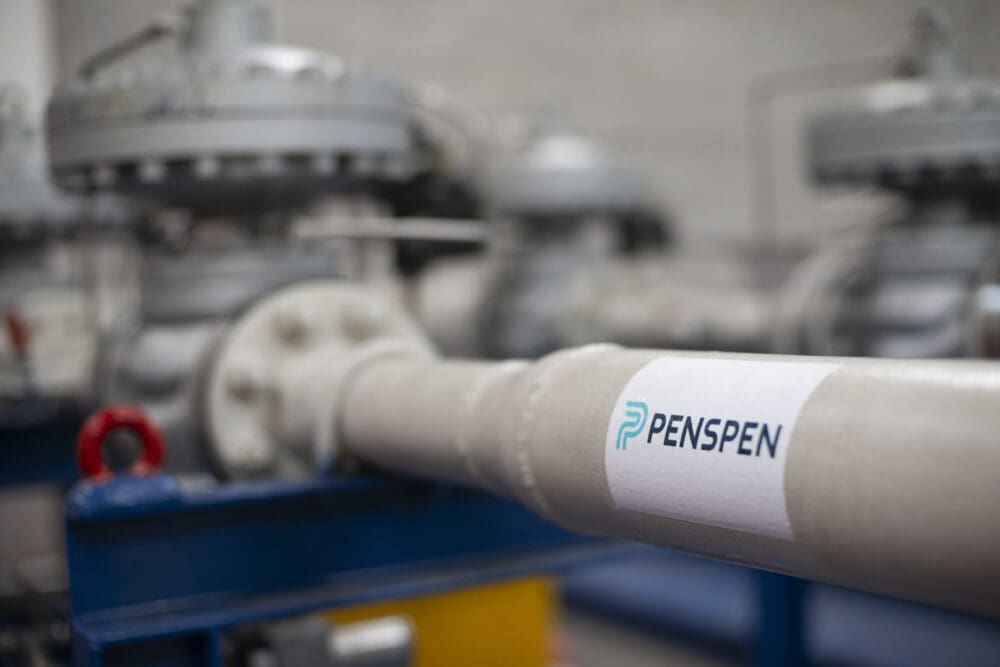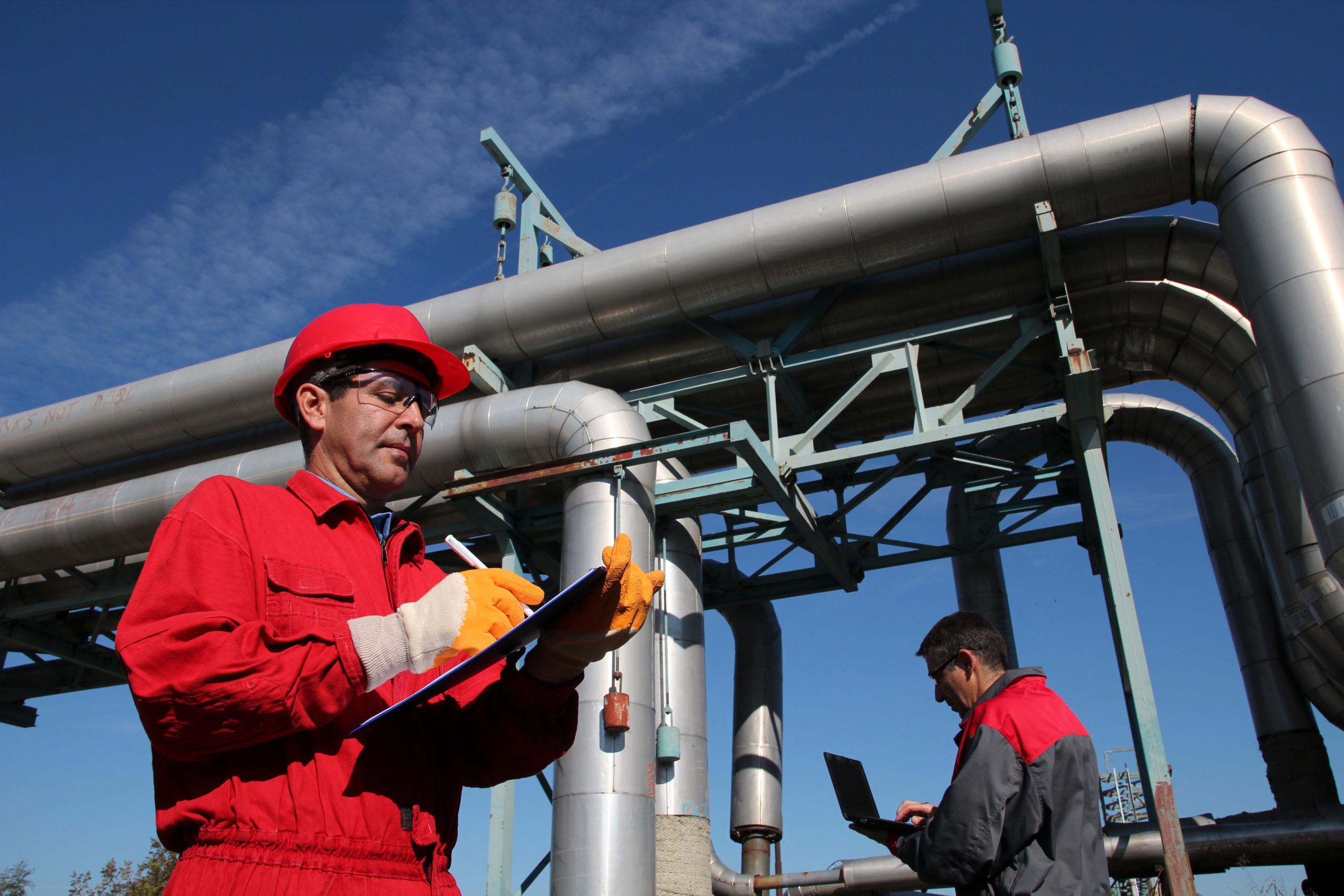Life Extension Studies for a Gas Pipeline Operator
Background
A petroleum company based in the Middle East operates pipelines connected to a gas supplier within the region. These pipelines however have passed their 25 years of design life, threatening their current & future integrity and operational ability. The pipelines involved were 16” HP Gas, 20” HP Gas, 36” HP Gas, 24” Gas, 36” Gas, 20” Gas, 20” LP Gas, 24” LNG, 24” Gas, 48” Gas, 48” Gas, 48” Gas and 10/16 Condensate pipelines. Penspen was commissioned in order to better manage the integrity of these pipelines and assess their current and future health.
The key challenges were:
- Pipeline Age (> 25 years);
- Material, manufacturing and construction quality;
- Extended Operating Life;
- Unknown historical operating regime;
- Availability of design and materials data
Scope of Work
Pipeline life extension studies were initiated to establish the future status of the pipelines. Risk-Based Inspection (RBI) study, Qualitative Risk Assessment and FFS Assessments were included as part of the scope in order to establish an optimum life extension strategy involving the operational history, repairs, rehabilitation, re-rating, cost evaluations to operate the pipelines for the next 30 years.
Penspen conducted Integrity Services for the pipeline assets. The key activities included:
- Data gathering, review and gap analysis;
- Fitness For Service (FFS) assessments to determine the current condition of the pipelines based on the latest ILI and other inspection, monitoring and operational data; to determine the extent and rate of the corrosion degradation in the pipelines and provide advice on remedial actions to control further degradation of the pipe wall and to determine the future integrity of the pipeline based on the latest ILI and expected corrosion rates
- Evaluate the fatigue strength of the pipeline, girth welds and the longitudinal welds based on the operational history and pressure cycling data
- Provide inspection and corrosion monitoring plan, inspection guidelines and recommendation based on the integrity study for the extended life, i.e. until 2050
- Recommend the most credible repair strategy for the pipelines for the next 30 years
Result
From the multiple life extension studies conducted, Penspen was able to:
- Conduct data review on the design, construction a,nd operational data; inspection history; ILI data and repair history
- Conduct design review on the wall thickness, road crossing, upheaval buckling and, anti-buoyancy
- Conduct assessments on current condition for metal loss and mill manufacturing defects; girth weld anomaly and internal defect anomaly (dent, gouges etc.)
- Conduct future integrity assessments on the corrosion anomalies, fatigue, and CP system assessments
- Review the risk assessments to demonstrate if there is a change in the current risk of the pipeline when compared to the risk after inspection.
- Provide an Integrity Management Plan (IMP) which provides recommendations to reflect the overall integrity management plan for the pipeline considering that the life of the pipeline will be extended for a period of 30 years.
The client was supported with technical knowledge, the current and future integrity status of the pipelines assessments and suitability recommendations for pipeline life extension until 2050.





